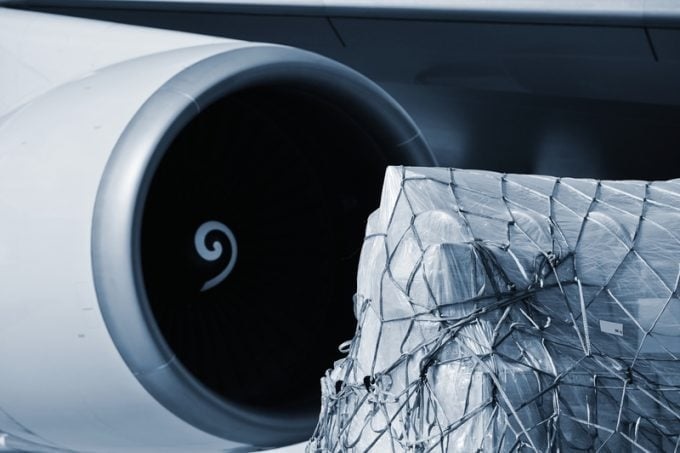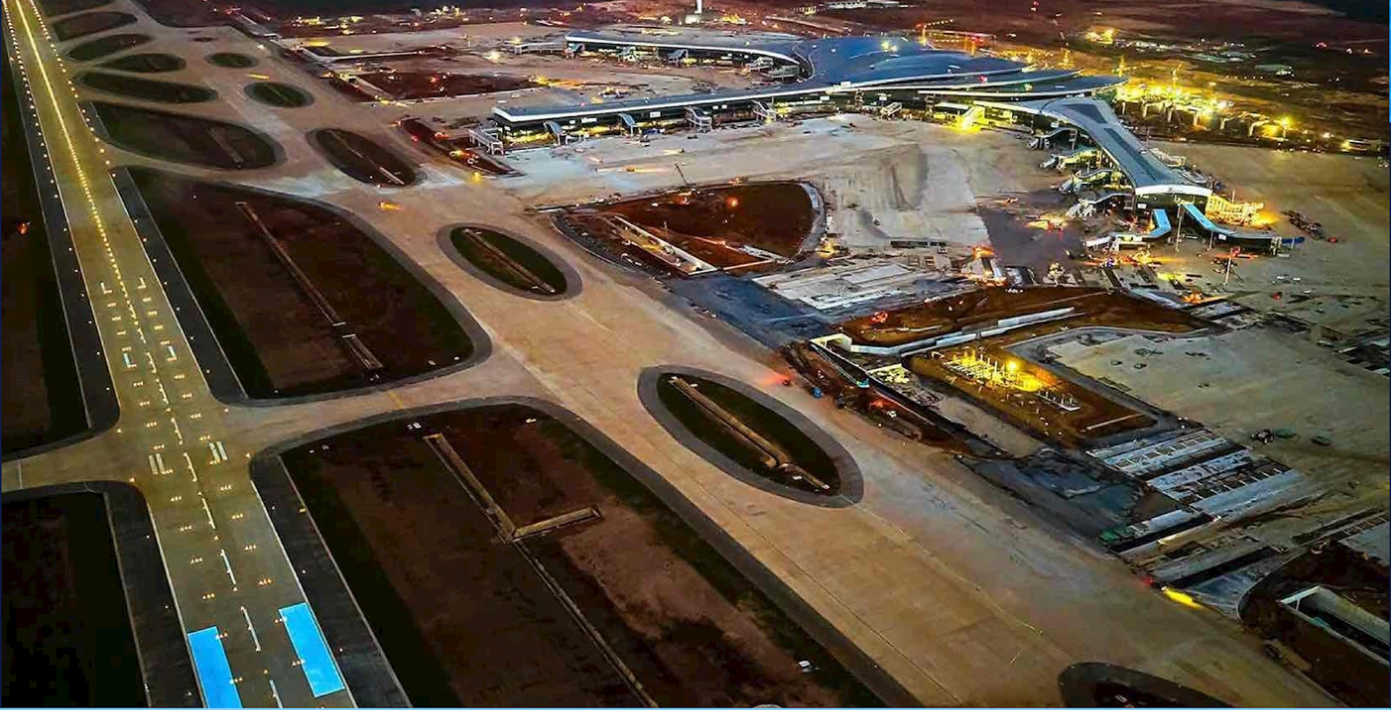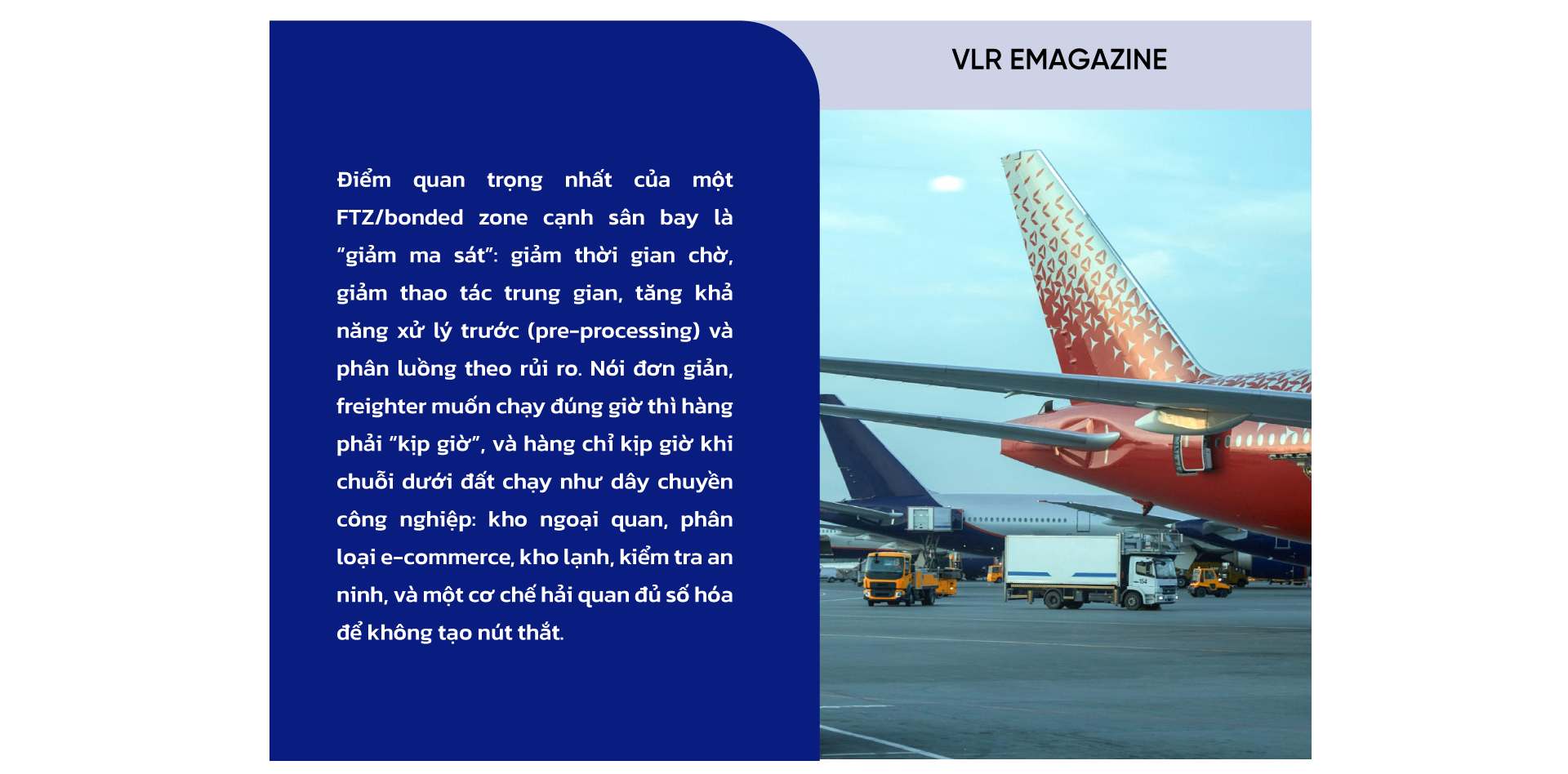Congestion at some airports, notably Amsterdam (Netherlands) and Chicago O'Hare (USA) has eased, but there are still major problems releasing cargo from Monday to Friday in week.

Mr. Robert Fordree, Head of Cargo at Menzies said: “According to the overview report, we are experiencing a situation where goods are not being picked up by forwarders and overall, the duration of a supply chain is decreasing increase. Forwarders are also having difficulty finding drivers and their warehouses are also experiencing a shortage of space to receive more goods.”
“We looked at increasing storage fees, but with congestion everywhere, that won't change anything,” said another carrier. own operations to deliver goods directly to the forwarders but: “There is no space left in their warehouse, the forwarders are also congested”.
“We doubled the storage fee, and did the same thing over and over, but still no one came to pick it up. That has caused a blockage in our warehouses and things are getting chaotic."
Forwarders also predict the handling surcharge (THC) will continue to increase next year.
Meanwhile, forwarders are also having a headache with miners. A video that went viral last week showed a large amount of cargo being left on the Airside at Heathrow. But one of the challenges at Heathrow is that cargo must be moved by truck before it is loaded onto the plane to go through the cargo tunnel at the airport, which requires different drivers.
“And the whole industry is understaffed.” WFS, which said today it is investing in a new cargo terminal in Copenhagen (Denmark), is believed to be short of about 1,500 employees in the US, although a source noted that the situation is improving.
“There are a lot of labor challenges,” said Mr. Fordree. “Our traditional workforce is shrinking – those who used to work in airports are now moving into other more competitive industries. So the current bottleneck is partly due to a lack of labor, experience and knowledge. "
The restoration of some passenger services is also causing problems. Accenture's Seabury said this morning's flight capacity between the UK and the US has increased by 21% since the US fully reopened its borders this month, although other European destinations have not seen a similar increase. But operators say passenger flights are less likely to change schedules and passenger airlines tend to be less flexible.
“The major freight carriers are telling you that you can’t continue to ship when there is a traffic jam – we have had some conversations with the Global carriers,” said Mr. Fordree.
“What we have found is that when airlines operate passenger transport with fewer passengers than before, they can more easily adjust their schedules, especially for flights in airports great. But as passengers start to return, the airlines will do what the passengers want and we are less able to accommodate a more flexible schedule.”









